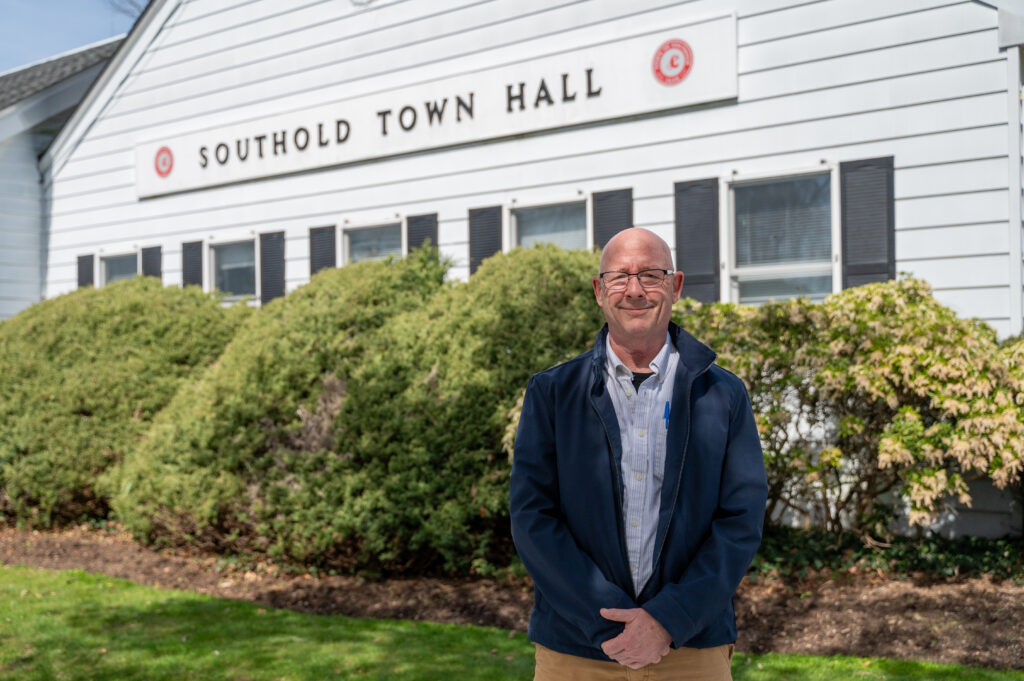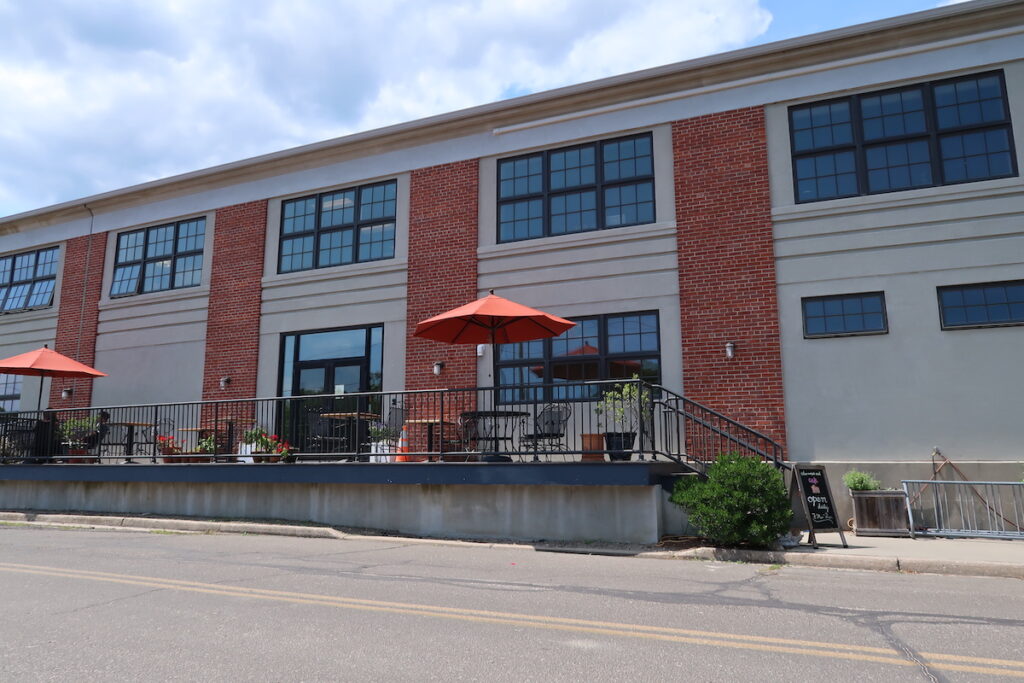Southold Town postpones hearing on special events law

Looking to attend the public hearing on the long-discussed changes to Southold’s special events law? Don’t bother, it’s been canceled.
Shortly after meeting with representatives of the state Department of Agriculture and Markets, an agency with the power to overturn local laws it thinks place undue restrictions on farming activities, the Town Board shelved the code change and pulled the hearing from its Oct. 9 agenda.
“We recognize there’s work left to be done here,” said Supervisor Scott Russell. “This gives us the winter to work with the ag industry, ag and markets and all interested parties to get it better. It’s a work in progress.”
The code change, written to give the town greater control over special events like weddings and concerts on farmland and other large open parcels, ran afoul of groups such as the Long Island Farm Bureau and the Long Island Wine Council. Among their objections, critics say the town failed to clearly identify what a special event is and so could subject many “normal marketing practices” to onerous permit procedures.
Mr. Russell concedes that point. “That needs to be better defined,” he said. “We recognize that’s an issue that needs to be resolved.”
The supervisor said town officials had a “good, productive meeting” with ag and market representatives “and agreed to meet with them again to iron out any differences.”
He dismissed any suggestion that the town was acting arbitrarily without input from or concern for the farming industry.
“We presented ag and markets with draft language in April,” the supervisor said. “We don’t make decisions in a vacuum. We include everybody in the process.”
Wine council president Ron Goerler said the town made the right move in withdrawing the draft code.
“That’s a positive thing for all sides,” said Mr. Goerler, the winemaker for Jamesport Vineyards, which his family owns and operates. “It needs to be looked at further since the future of the industry is at stake.”
For growers, he added, the bottom line issue is their bottom line.
“We’re not doing this because we love throwing money into the wind,” Mr. Goerler said. “Whether you’re raising sunflowers, potatoes or wine grapes, we have to be profitable so the next generation sees there’s a viability in doing this.”
In the town’s deliberations, he added, “we need logic to prevail.”
Joe Gergela, farm bureau executive director, said, “Hopefully with ag and markets looking over our shoulders we can get a reasonable solution. With a lot of good minds around, it shouldn’t be so hard.”
The two farmers serving on the Town Board agree the town needs to find reasonable measures to ensure public health and safety for events outside traditional agricultural activities.
While wine tastings have long been accompanied by music, the town claims that Vineyard 48 in Cutchogue has become a de facto nightclub. The business has received numerous summonses this year for operating without town special events permits and for violating the town’s noise ordinance. The town’s state Supreme Court case against the vineyard is to continue Oct. 31.
“You don’t see a lot of establishments regularly in the news,” said Councilman Bill Ruland, a Mattituck farmer. “There are only a few and they usually impact neighbors to a great degree. What’s troubling to some people is the one-size-fits-all concept may not be appropriate.”
The supervisor and Councilman Al Krupski, whose family runs a Peconic pumpkin farm, argue that the draft code covered all agricultural lands and did not single out wineries.
“Yes, there are a few ringing the alarm bells, but the legislation would not change what takes place at the wineries one bit,” the supervisor said.
“It’s a quality of life issue,” said Mr. Krupski. “It comes down to what’s a proper use in an ag zone. What’s to stop someone from renting a farm to hold a carnival or put on a concert? I’m not going into the wedding business, but my kids may want to and that may happen on any farm. It’s a broad issue that goes to every farm parcel. We’re trying to find some balance that the community can live with.”








